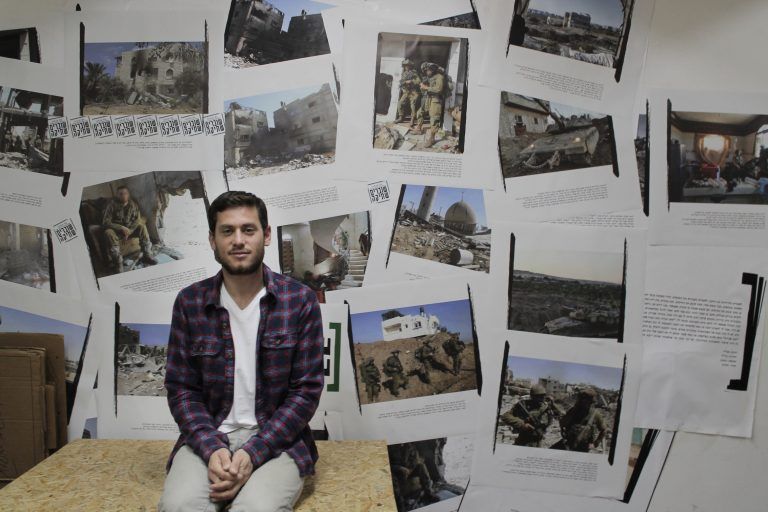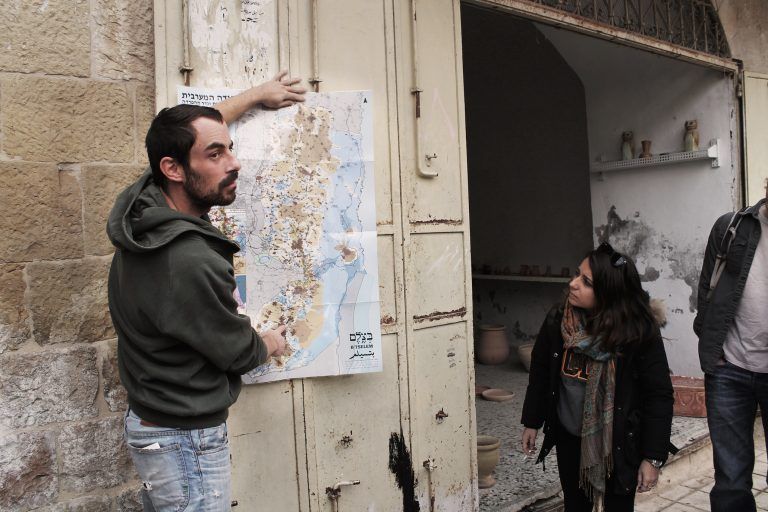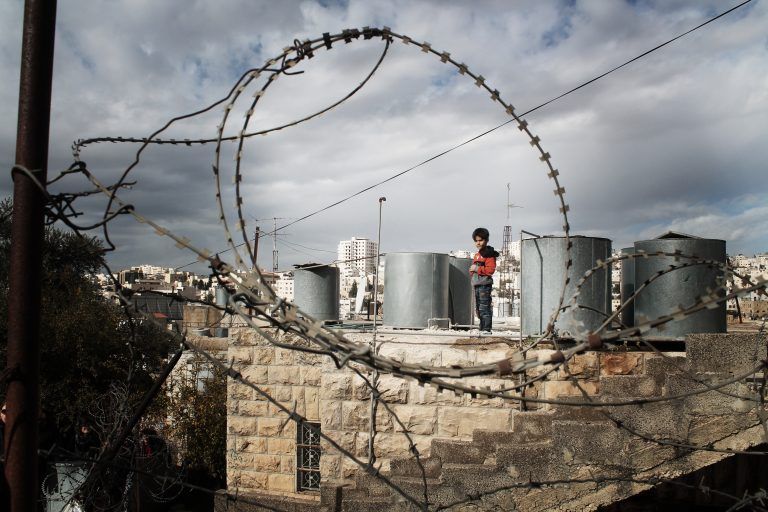The banquet hall at the National Museum in Copenhagen played host to the presentation of the PL Foundation Freedom Award on Monday, an annual prize given in honour of a Danish resistance fighter that recognises the exercise of human rights in an extraordinary manner.
This year’s winners were Breaking the Silence, an Israeli organisation that collects and shares testimonies (some anonymous) from soldiers who have served in the West Bank and Gaza – over a thousand at the last count.
“The prize is awarded each year to individuals and organisations who based on democratic values make remarkable effort for universal human rights,” commented the PL Foundation.
“Breaking the Silence shows great personal courage to talk about their own experience in the West Bank.”
The award was named after the Danish resistance fighter Poul Lauritzen. Previous winners include Turkish publisher Ragıp Zarakolu and Turkish playwright Ali Tuygan.
Fighting tirelessly
One of Breaking the Silence’s co founders, Yehuda Shaul, 33, along with spokesperson Achiya Schatz, appeared in person to receive the award, which included a prize of 100,000 kroner, from Poul Søgaard, a leading judge at the Supreme Court.
“We are proud to accept the PL Foundation’s liberty award in honour of the struggle for human rights,” said Shaul.
“We will continue to fight tirelessly and fearlessly to end the immoral Israeli occupation – for a better future for Israelis and Palestinians alike.”
Revealing the truth
Founded in 2004, Breaking the Silence initially published the testimonies of the soldiers in an art gallery in Tel Aviv. Today, it publishes them in booklets and articles and shares them in lectures and guided tours of cities like Hebron in the West Bank.

Banned by the Israeli authorities from speaking to soldiers or schoolchildren, Breaking the Silence has been accused of spreading mistruths and of betraying the Israeli military. Threats are an occupational hazard.
“To remain silent is no longer an option,” explains Achiya Schatz, 31, who did his national service in the Israeli army from 2005-08.
Schatz recalls that many of his missions to search Palestinian residences were pointless – commanding officers would throw away the gathered intelligence without reading it.
“Parents cried and screamed and kids peed their pants when we searched through their houses in the middle of the night. Everyone was scared and no-one had any idea about what was going on,” he recalled.
“After completing my service I got time to think. One question led to another and all of a sudden I asked myself: how can you ever occupy morally?”
Support from Denmark
Over half of Breaking the Silence’s funding comes from abroad (7 million kroner in 2014 alone) and one of its biggest supporters is Danish – Dan Church Aid, the humanitarian NGO.
And this has led to extra suspicion in Israel.
Earlier this year, the Israeli government passed a transparency bill forcing NGOs that receive more than half of their funding from foreign sources to declare them openly. Those who voted for the bill claimed that it served a democratic purpose. Critics, however, argued that it only was an attempt to target NGOs critical of Israel’s governmental policies.
Israeli PM Benjamin Netanyahu wrote a statement on his Facebook page, claiming that the bill aims to “prevent an absurd situation, in which foreign states meddle in Israel’s internal affairs by funding NGOs, without the Israeli public being aware of it”.















